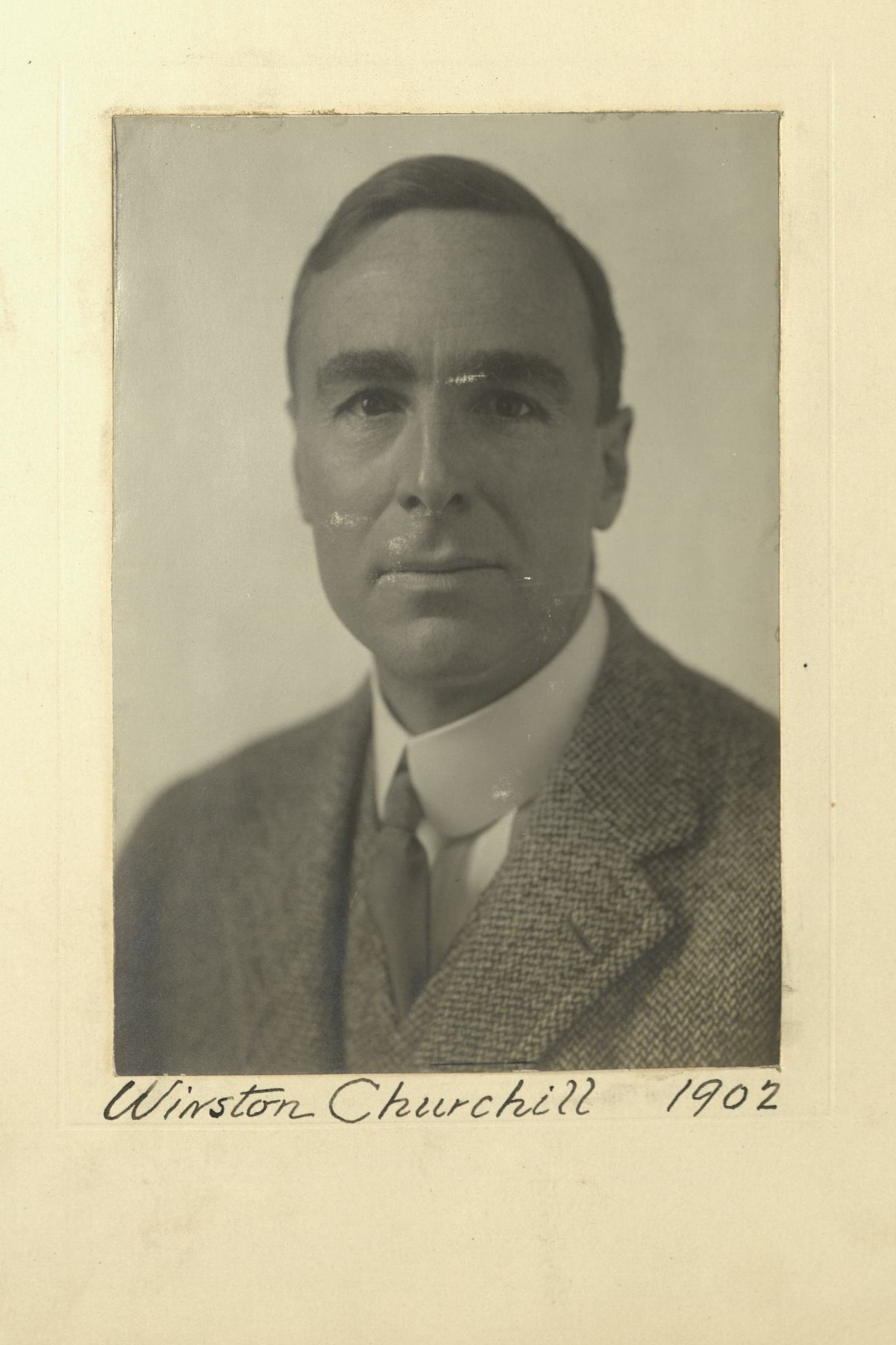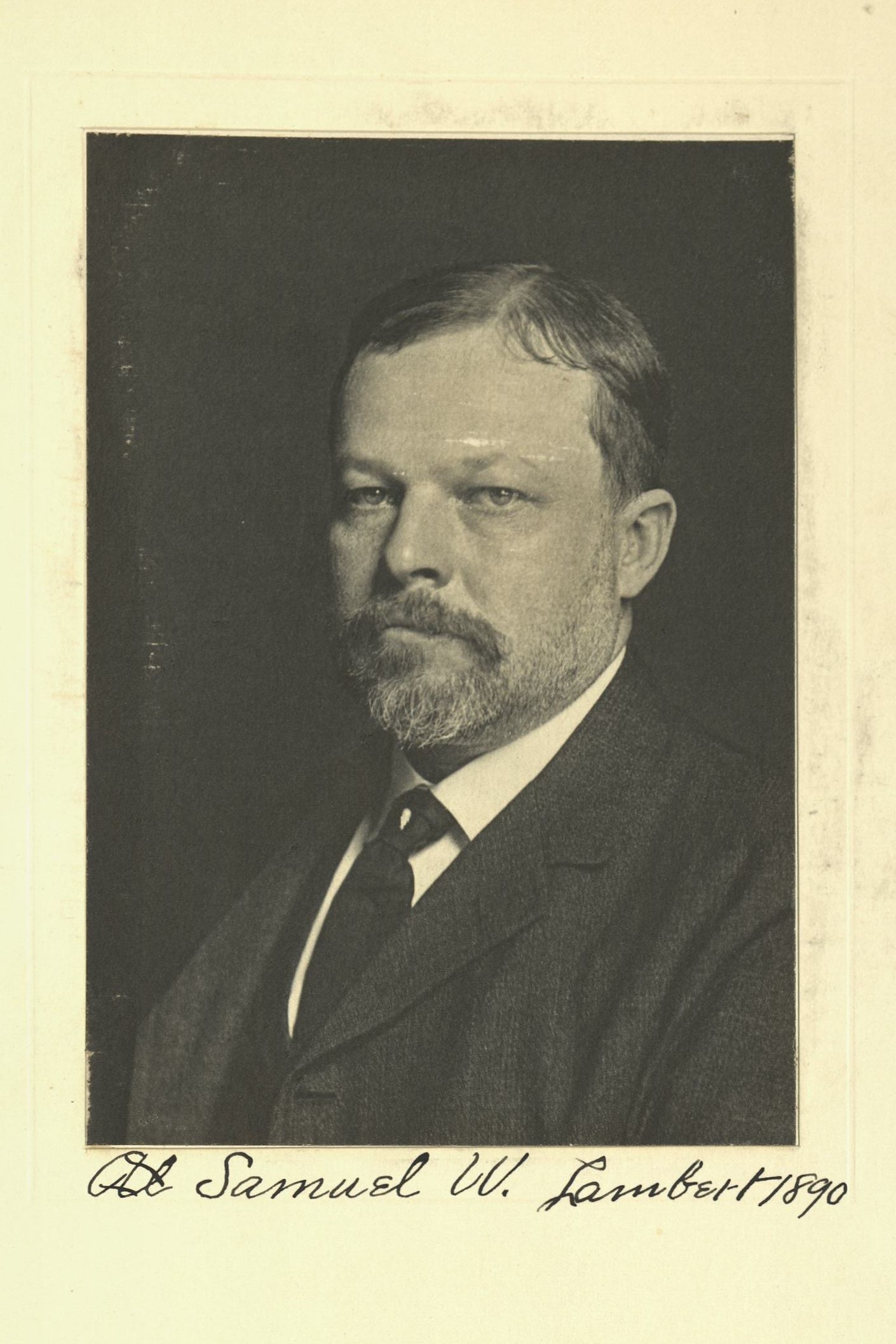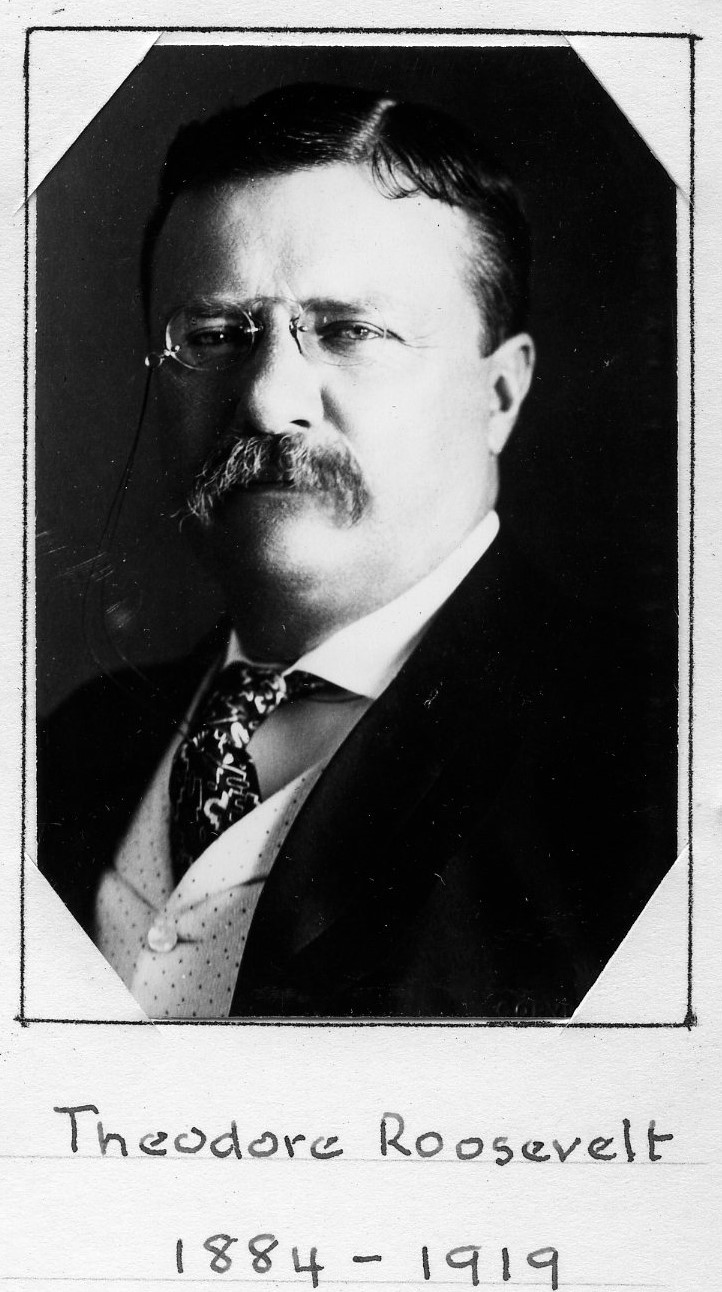Member Directory,
1847 - 1922
John Gilbert Winant
Farmer/Governor of New Hampshire/Ambassador
Centurion, 1922–1947
Samuel W. Lambert and Winston Churchill
New York (Manhattan), New York
Concord, New Hampshire
Age thirty-three
Concord, New Hampshire

Century Memorial
John Gilbert Winant. [Born] 1889. Governor, Ambassador, national and international public administrator.
This shy, gaunt symbol of America heard his best epitaph spoken by Mr. Winston Churchill at the Lord Mayor’s farewell dinner in London, in April, 1946. Said Mr. Churchill: “He is a friend of Britain, but he is more than a friend of Britain: he is a friend of justice, freedom and truth.”
Gil Winant never spared himself from the time he left Princeton in 1912 to work for Theodore Roosevelt in the Bull Moose Campaign until his death. As a flyer in world War I, as socially conscious master of history at St. Paul’s School, as three times Governor of New Hampshire with a record of more progressive legislation than the State ever had known, as Director of the International Labor Office, as instigator and administrator of the Social Security Act and chairman of the Board, he took no normal rest, no holiday. As ambassador to the Court of St. James, from 1941 until 1946, there was no break in the strain, no regular or adequate food, a minimum of sleep—sometimes none for incredible stretches on end. He had no let-up from the daily grind of vital paper work, from critical consultations, from tense problems between allied leaders. He walked the London streets at night, bringing comfort to bombed-out families, to the wounded and dying, sharing the dangers of the worst air raids. The British government, Mr. Churchill, Mr. Eden, the top chiefs of mission, General Eisenhower, have testified to his imaginative and advance planning. No one person can ever know the magnitude of his work, the secret things he handled, the responsibilities he carried, the impelling force he gave to diversified projects.
Friends noticed the increasing frequency of pain, but he would allow no questioning.
To sketch the highlights of his public career is to fall far short of revealing his profound and pervasive influence upon our times. In plain words it was his goodness of heart and greatness of character, his strength of intellect and capacity for sympathy, which bound our destiny with that of Britain and won the war.
Source: Henry Allen Moe Papers, Mss.B.M722. Reproduced by permission of American Philosophical Society Library & Museum, Philadelphia
Henry Allen Moe
Henry Allen Moe Papers, 1947 Memorials



